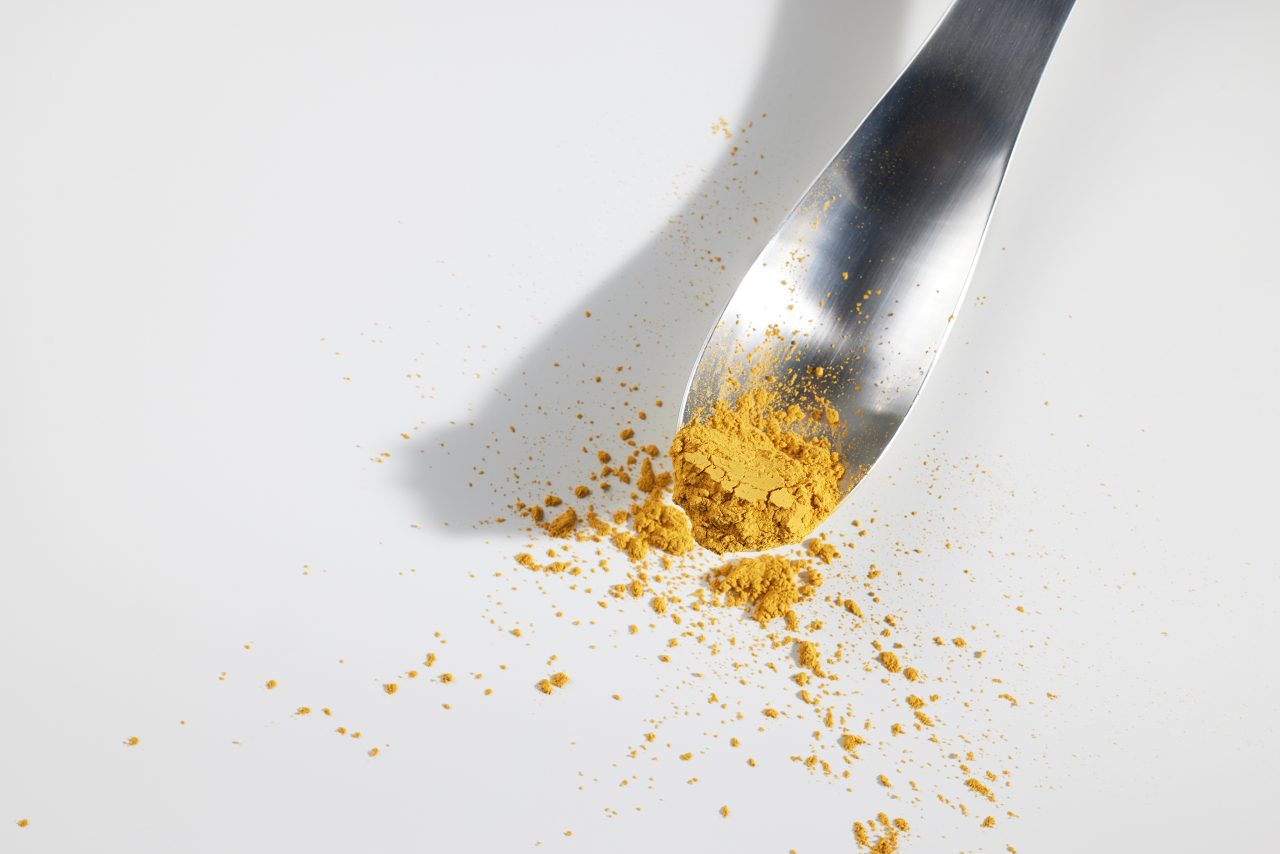Edible Protein Created From Carbon Dioxide and Electricity Could Address Global Food Insecurity
Has 20,000-liter fermentation tank generating 160 tons of edible biomass annually, enough to produce six million meals
Food insecurity is in a bad state across the globe. Add to that wars, political unrests, and – glaring-us-in-the-face – climate change, and this problem exacerbates, tipping the scale in favor of hunger and starvation for one-third of the population. Agriculture and food production have taken a hit as it is becoming difficult to cultivate amid fluctuating climatic conditions and meet the food demand of an ever-growing population. This is an issue of deep concern, to which Finnish startup Solar Foods has come up with Solein, an edible protein grown out of a micro-organism using CO2 and electricity.
According to Solar Foods, Solein is a “revolutionary protein” and can boost global food production. Although still in its trial phase, this invention can help tackle food insecurity and struggling agricultural sector to meet global demand.

Image: Solar Foods
Established in 2017, Solar Foods claims that Solein can be produced quicker than other protein sources and can theoretically offer unlimited food supply using air and electricity. It is a yellow powder substance that contains a nutrition profile similar to dried meat. The protein powder is said to have vital amino acids required by the human body along with a variety of vitamins. The Solar Foods pilot laboratory in Espoo, near Helsinki, has produced Solein to date.
Supposedly, the inception of this protein started at Finland’s National Research Institute where Solar Foods collaborated with a team of scientists to brainstorm the concept for a new kind of agriculture.
Dr Pasi Vainikka, the co-founder and CEO of Solar Foods, told Interesting Engineering, “We are a classical example of how new things emerge from the intersections of scientific disciplines. Our approach enables us to grow the organism based on non-agricultural products or sugars, disconnecting its production from the environmental impacts of agriculture.”

Image: Solar Foods
While working on energy systems at the National Research Institute, Vainikka learned about a micro-organism that doesn’t use sugar as an energy source, instead, it relied on hydrogen to metabolize carbon dioxide. She conducted a study to determine that electricity could provide H2 for these organisms to reproduce using only a tank of water and atmospheric CO2.
She says, “If the organisms would be edible, then we could convert electricity to food. And, here we are, some eight, nine, almost 10 years after those first thoughts.”
The company has a facility with a 20,000-liter fermentation tank that can produce 160 tons of edible biomass annually, which is plenty to produce about six million meals. The fermentation tanks are used to grow micro-organisms, which are filtered and dried into powder. According to the company, this powder can be a sustainable source of food in times when agriculture has been devastatingly impacted by changing climate.
Vainikka further elucidated, “These hydrogen-oxidizing microbes utilize dissolved hydrogen in a water-based media. We mix in gases, CO2, and hydrogen, and the microbe has the ability to utilize hydrogen passing the cell as a source of energy to start to reduce carbon dioxide, which is its source of carbon as it is for photosynthetic plants.”
The best thing about Solein is that it can be grown anywhere, even in the harshest climes including the deserts and tundras as it does not rely on agriculture, weather, or climate.
“Growing a kilogram of Solein requires approximately 1 per cent of the water and 5 per cent of the arable land that growing an equivalent amount of plant protein would, and creates only a fifth of the carbon dioxide emissions in the process,” the company said in a press release.
It is to be noted that Solar Foods is working on establishing a factory with numerous fermentation tanks, each with 200 cubic meters or more capacity. Although it is still in its nascent stage, if mass-produced, Solein can do wonders to eliminate food insecurity in the world.


